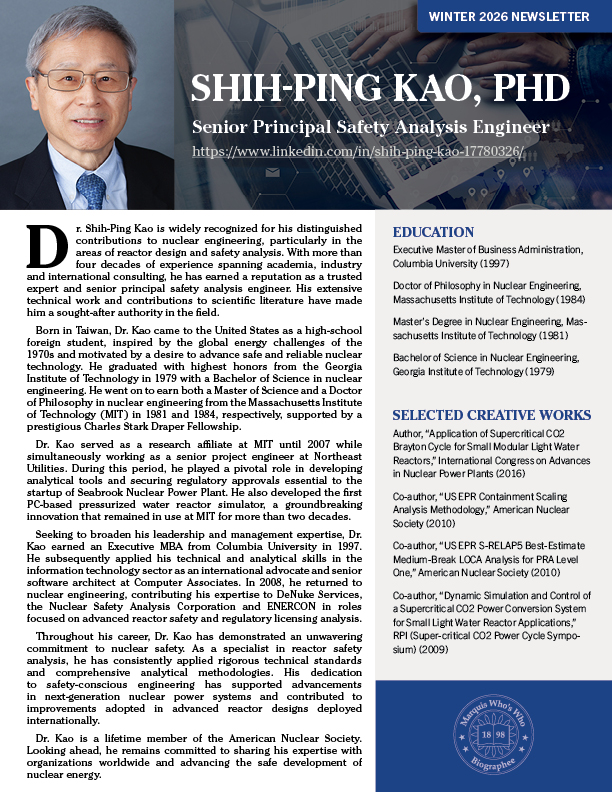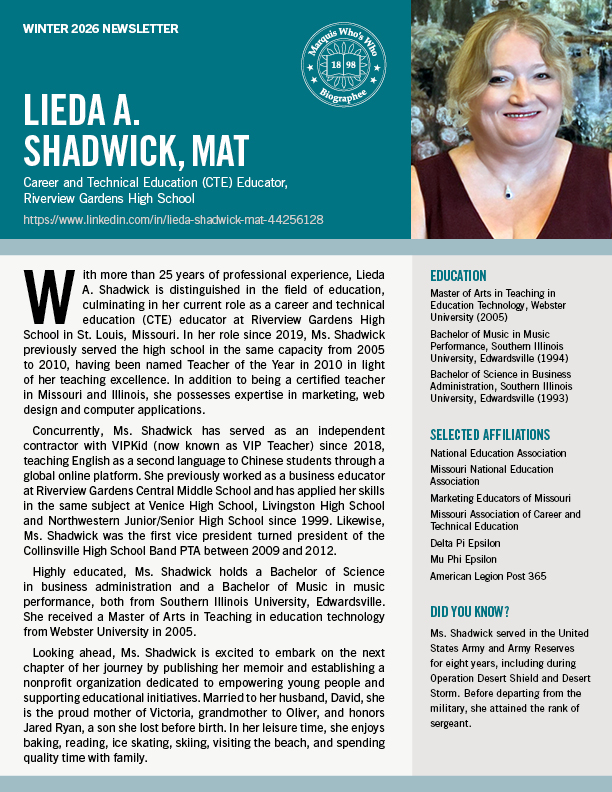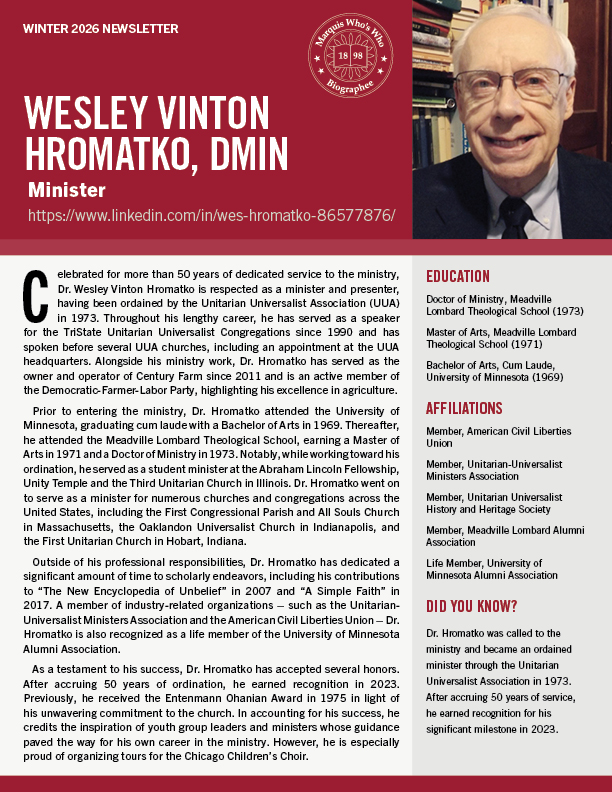
Exposed to the wonderments of chemistry by his father, who was a chemist, Dr. David Donaldson was further introduced to the sciences while attending King Edward’s School in Birmingham, England. While enrolled, he developed an interest in and passion for chemistry, biology and physics. Obtaining a Bachelor of Medicine, Bachelor of Surgery at the University of Birmingham in 1959, he commenced his career that same year as a house physician at Selly Oak Hospital and as a house surgeon at Birmingham Children’s Hospital. Throughout his 50-plus years in the sciences and medicine, Dr. Donaldson also excelled as a senior house officer in clinical pathology, registrar in general medicine and assistant resident medical officer throughout the early 1960s.
Later in his career, Dr. Donaldson flourished as a lecturer and honorary senior registrar in chemical pathology at the Institute of Neurology, now known as the UCL Queen Square Institute of Neurology, within the National Hospital for Neurology and Neurosurgery at University College London, as well as clinical director of pathology at East Surrey Hospital. During his tenure at various hospitals, he also served as a consultant in chemical pathology at East Surrey Hospital, Crawley Hospital and Gatwick Park Bupa Health Centre. He retired from his prestigious roles in 2006.
Notably, Dr. Donaldson is a registered European clinical chemist. Alongside his primary feats, he was a lecturer in clinical biochemistry at the London South Bank University for 14 years. He has also taught at the University of Surrey at Guildford and has played the piano for some National Trust Houses. Furthermore, Dr. Donaldson has contributed scientific and medical articles to more than 100 professional journals, as well as chapters to several books. For seven years, he was an editorial board member of the Journal of the Royal Society for the Promotion of Health. While his career has been filled with highlights, he is most proud of authoring his third book, “Psychiatric Disorders with a Biochemical Basis” from 1998, which discusses rare types of adrenal gland tumors, including pheochromocytoma.
To attest to his success, Dr. Donaldson was appointed a fellow of the Royal College of Physicians, Royal Society of Biology, Royal Society of Chemistry, Royal College of Pathologists and the Hunterian Society. Likewise, he is a fellow of the Medical Society of London, a life fellow of the International College of Human Nutrition and Functional Medicine, and a member of myriad other organizations. He cites a career achievement to be receiving the Professor M. Mori Felicitation Award from the International College of Human Nutrition and Functional Medicine in 2002.
Above all else, Dr. Donaldson attributes his success to his ability to identify and develop his own interests, as well as pursuing his interests to his fullest potential. The most rewarding aspect of his career has been solving difficult problems, noting that he has always enjoyed the challenge. He says, “Being a doctor is not just about science, but more about caring for people. Communication is vital. You must be prepared to devote your life to it, and not go into it half-heartedly.”


